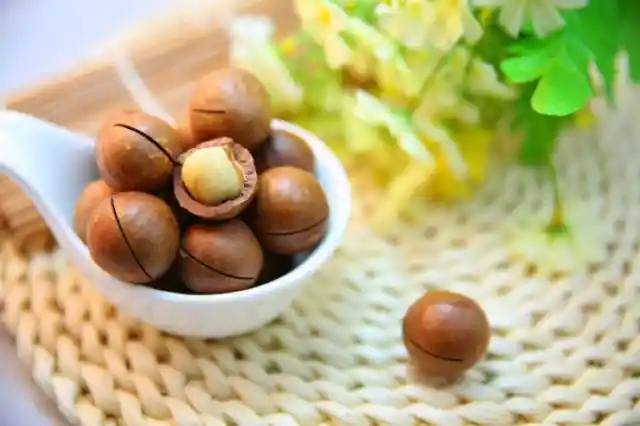Your kidneys are vital. They eliminate waste and excess fluid from the body; they also help in balancing the remaining fluids, release essential hormones that control blood pressure and regulate the production of red blood cells. Maintaining ideal kidney health is crucial for everyone, but the ones suffering from kidney disease or any similar conditions must pay proper attention. Certain foods can perform double tasks by providing vital nutrients and assist in keeping these essential organs in optimum condition.
Cabbage
Cabbage is prime food for people suffering from kidney disease or kidney damage. People having kidney conditions often face dietary restrictions like steering clear of foods with a lot of potassium, phosphorous, and sodium. Cabbage has low amounts of these nutrients but has high levels of fiber and antioxidants that can assist in the healing of the kidneys, or, shield them against any more damage at least.
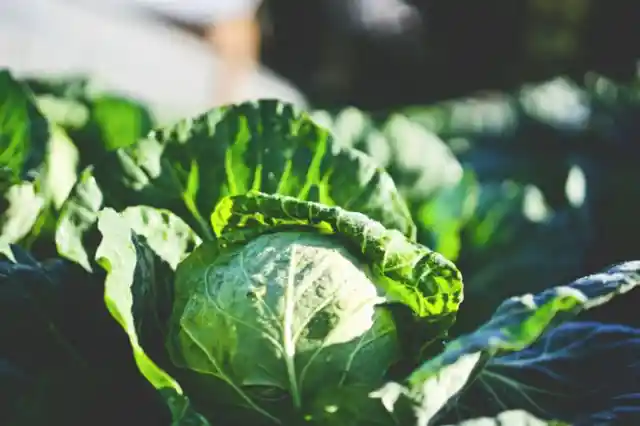
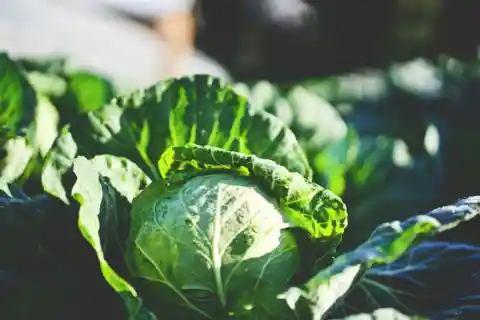
Blueberries
Being a rich source of antioxidants, it doesn’t come as a surprise that blueberries are highly good for a diet that mainly focuses on kidney health. Similar to cabbage, blueberries have low levels of those nutrients that put pressure on the kidneys to work extremely hard, including potassium and phosphorous. Blueberries are perfect for building kidney health, but they even improve cognitive processes and also help in preventing heart disease.
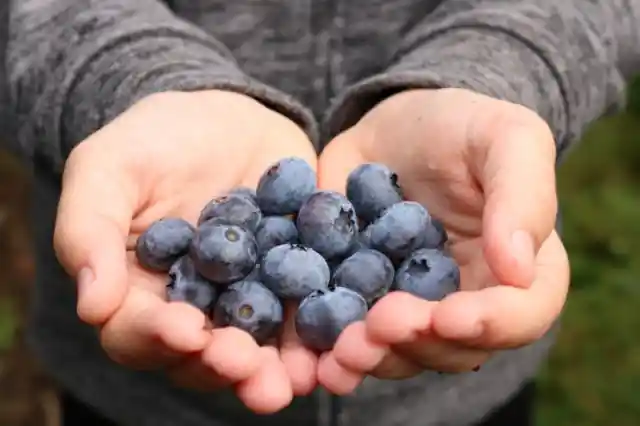
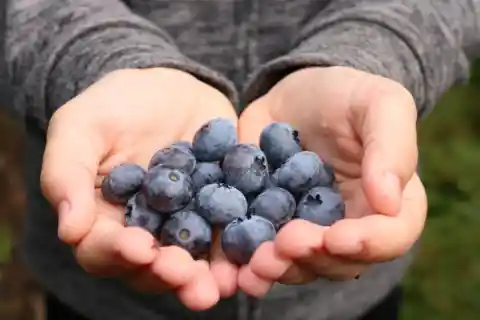
Garlic
Garlic is a superfood that supports various aspects of health such as kidney functioning, all because of its amazing anti-inflammatory properties. The bulb of garlic is rich in manganese, vitamin C, and vitamin B6 – nutrients that are best to reduce inflammation. Since garlic is also flavorsome, it works as a great alternative to salt. People with kidney disease or damage need to be watchful about the amount of salt they consume as compared to other individuals.
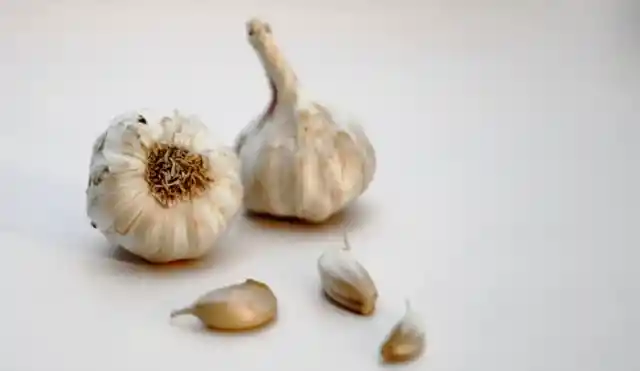
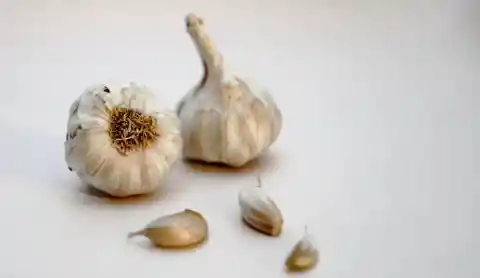
Olive Oil
Olive oil is phosphorous-free, making it ideal for kidney-friendly diets. It is also good for the heart, so it is something that we need to add to our diets. Olive oil is a rich source of polyphenols – plant compounds having antioxidant properties – that help in preventing the damage caused as a result of oxidation. These compounds, combined with healthy fats, are even able to keep inflammation away.
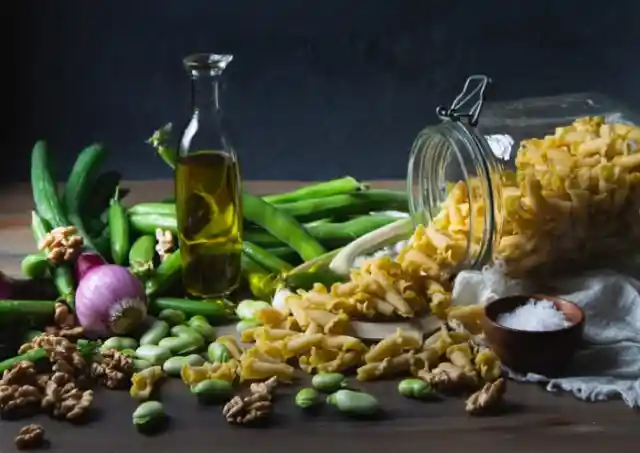
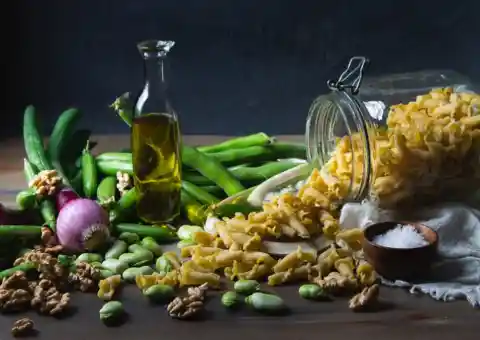
Skinless Chicken Breasts
For promoting general health and supporting the kidneys, you must have high-quality sources of protein. Skinless chicken breast is able to fulfill this need. A few people with kidney disease have to limit their protein intake and so, they must make sure that the protein they consume is high-quality and has low amounts of sodium and phosphorous. Skin removal lowers the level of these nutrients. Preparing your meals with fresh chicken breast is recommended because pre-cooked meals often contain additives like salt.
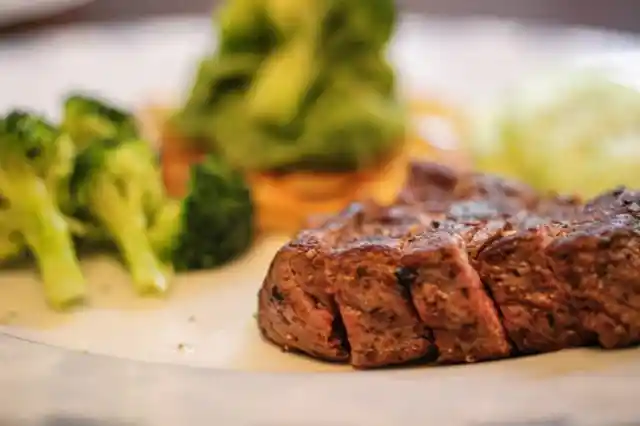

Cranberries
The practitioners of folk medicine have been prescribing cranberries for protection from urinary tract infections. Many researchers present one major reason for this berry being highly beneficial and it is because of its ability to prevent harmful bacteria such as E. coli from clinging to the lining of the urinary tract and the bladder. When bacteria stick to this lining, they tend to multiply in number leading to an infection that can then reach the kidneys. People suffering from kidney disease are at a higher risk of a urinary tract infection and this is why cranberries are a preferred dietary choice.
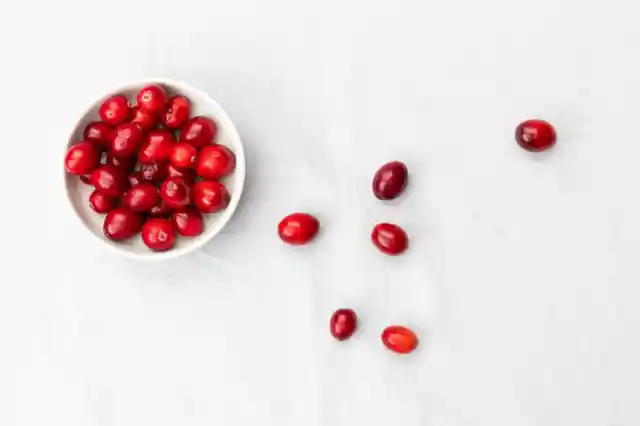
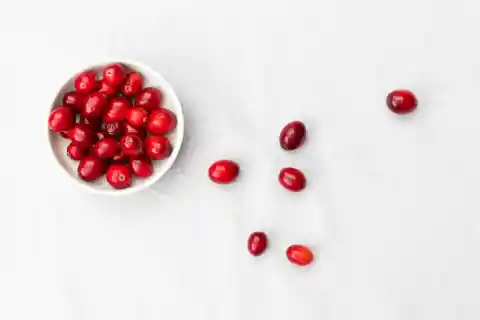
Red Grapes
Although all kinds of grapes are healthy, red and purple ones are really good for people suffering from kidney damage as these grapes consist of flavonoids such as anthocyanin, which is responsible for their dark color and it lowers the risk of blood clots and damage due to free radicals. Grapes are easily available and are on-the-go convenient snacks.
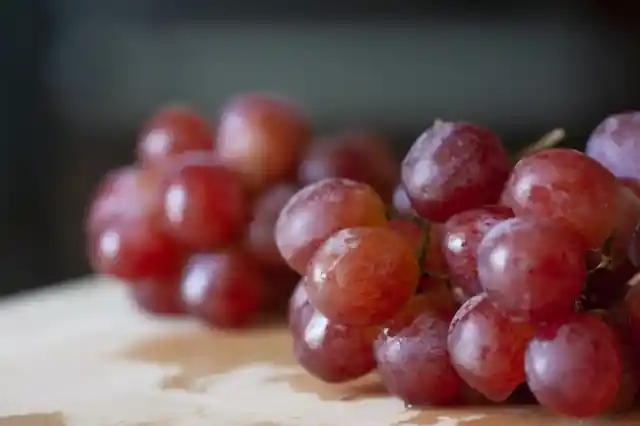

Pineapple
People having kidney disease are advised to stay away from any tropical fruit, but pineapple is one exception and it is safe because it has a very low amount of potassium and is rich in B vitamins, fiber, bromelain, and manganese. Bromelain is effective in reducing inflammation, which may result in worsening kidney conditions. If you are in search of a fresh snack that helps kidney health, pick pineapple.


Bell Peppers
Being low in potassium but rich in many healthy nutrients, bell peppers have made it to the list of kidney-friendly food items. Bell peppers are the perfect food to consume raw, or they can even be sliced and sautéed or roasted to add to many recipes including pasta sauces and casseroles. Bell peppers have high amounts of vitamin C and vitamin A, both of which possess essential antioxidant properties that boost immunity and kidney health.
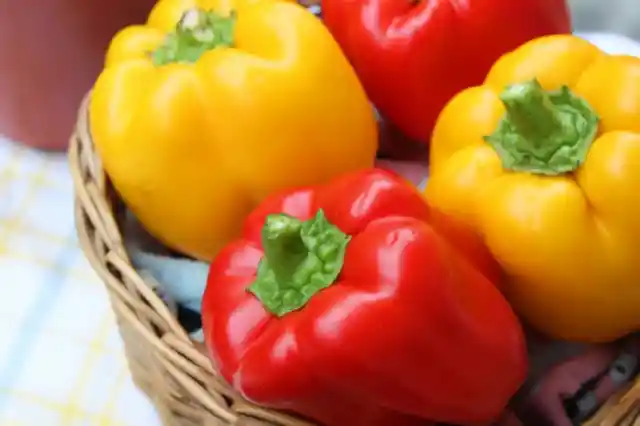

Cauliflower
Cauliflower is among the cruciferous vegetables as it is rich in folate, fibers, vitamin C, and vitamin K. It consists of compounds that are capable of reducing inflammation. Cauliflower has very low levels of potassium, so it becomes a perfect alternative to potatoes which contain high potassium. Many more recipes involving cauliflower instead of white potatoes and rice are available online.
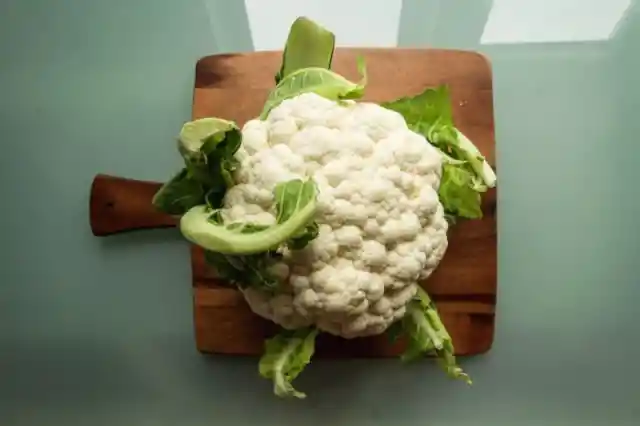
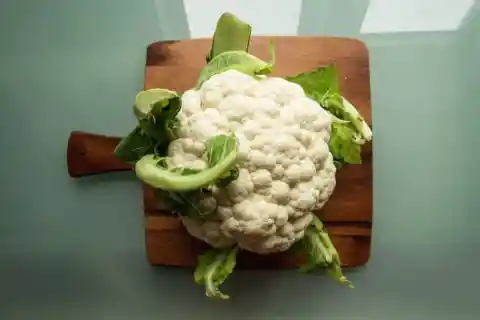
Apples
The thing that’s said about having an apple a day certainly is true for keeping the kidneys fit and healthy. Apples contain a sugar called pectin. According to research, pectin can be helpful to increase urination. Pectin might also reduce serum creatinine, a muscle-breakdown waste product. Apples are rich sources of the flavonoid quercetin, as well, which lowers the risk of some kidney diseases.
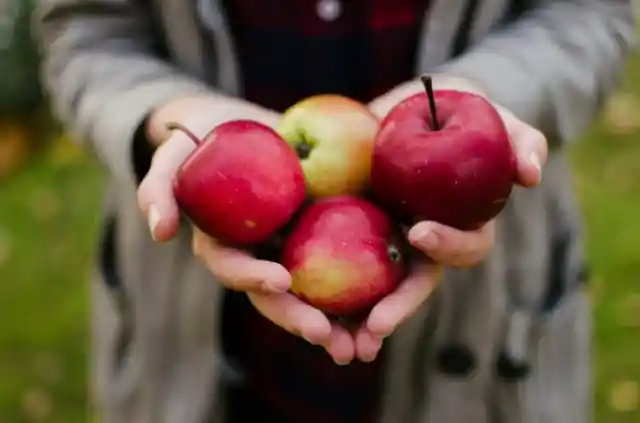

Salmon
Salmon is the go-to fish choice when a healthy diet plan is being created. It benefits the kidney as it has omega-3 fatty acids, which play a crucial role in decreasing inflammation in the body, and hence, the kidney malfunction that can cause. Omega 3 fatty acids also help in managing blood pressure and triglycerides. High blood pressure and anomalous cholesterol levels elevate the risk of kidney damage and even heart disease. Just a single serving of 3.5 ounces taken twice a week should do what’s needed.
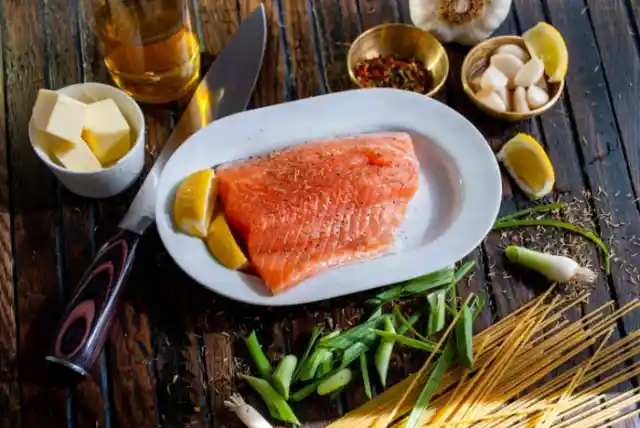
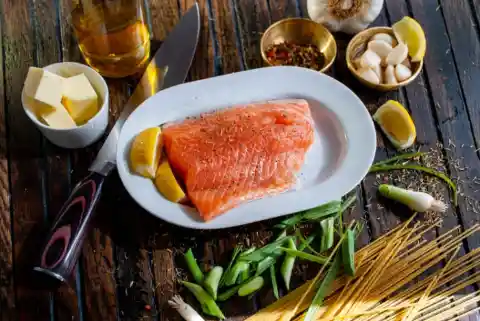
Buckwheat and Bulgur
Another way for maintaining good kidney health is to lower blood sugar spikes due to simple carbohydrates by including more complex ones that comprise a low or medium glycemic index, such as buckwheat or bulgur. Both of these are whole grains that can be an easy replacement for rice. They won’t lead to unhealthy blood sugar spikes that might cause damage in kidney blood vessels and filtration over the months and years. Buckwheat is a seed that is used for cereal, whereas bulgur is made from cracked, dried wheat groats and possesses a nutty flavor. More wheat products that have high amounts of phosphorous and potassium tend to be harmful to those suffering from kidney disease, hence, making these particular grains great substitutes.
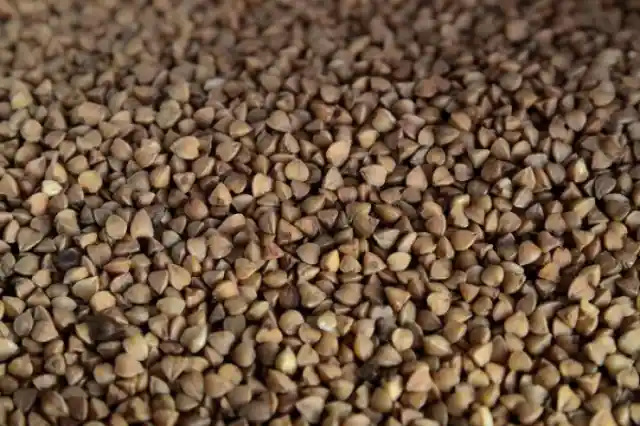
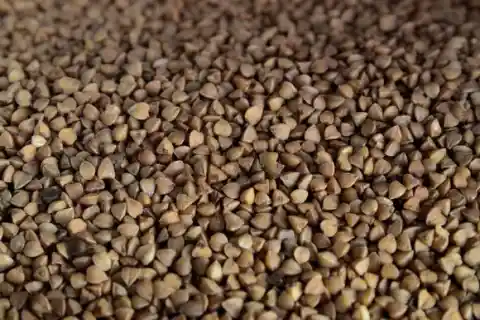
Arugula
Arugula is a leafy green vegetable that adds a nice peppery flavor to your salads and side meals, all while helping in blood pressure control. It has a low amount of potassium, which balances out the negative impact of salt and aids the kidneys in controlling body fluid levels in a better way. Arugula is even a source of organic nitrates, a precursor to nitric oxide, which opens up the blood vessels and leads to lower blood pressure while managing various renal functions, such as excretion and filtration.
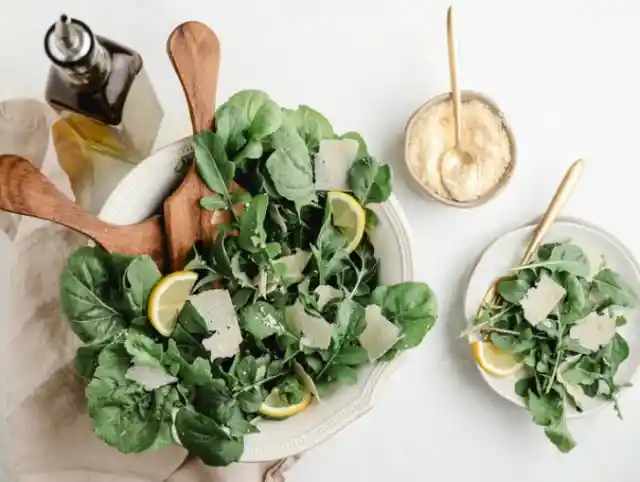
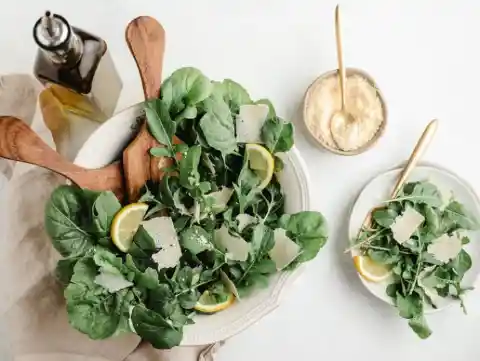
Macadamia Nuts
Apart from being an excellent dessert topping or an independent snack, a one-ounce serving of macadamia nuts is a preferable choice to take care of the kidneys as compared to other famous nuts available in the market. Macadamias are rich sources of manganese, which is able to fight the damage caused to cells. They even consist of thiamine or vitamin B1, which assists the kidneys in warding off the disease.
